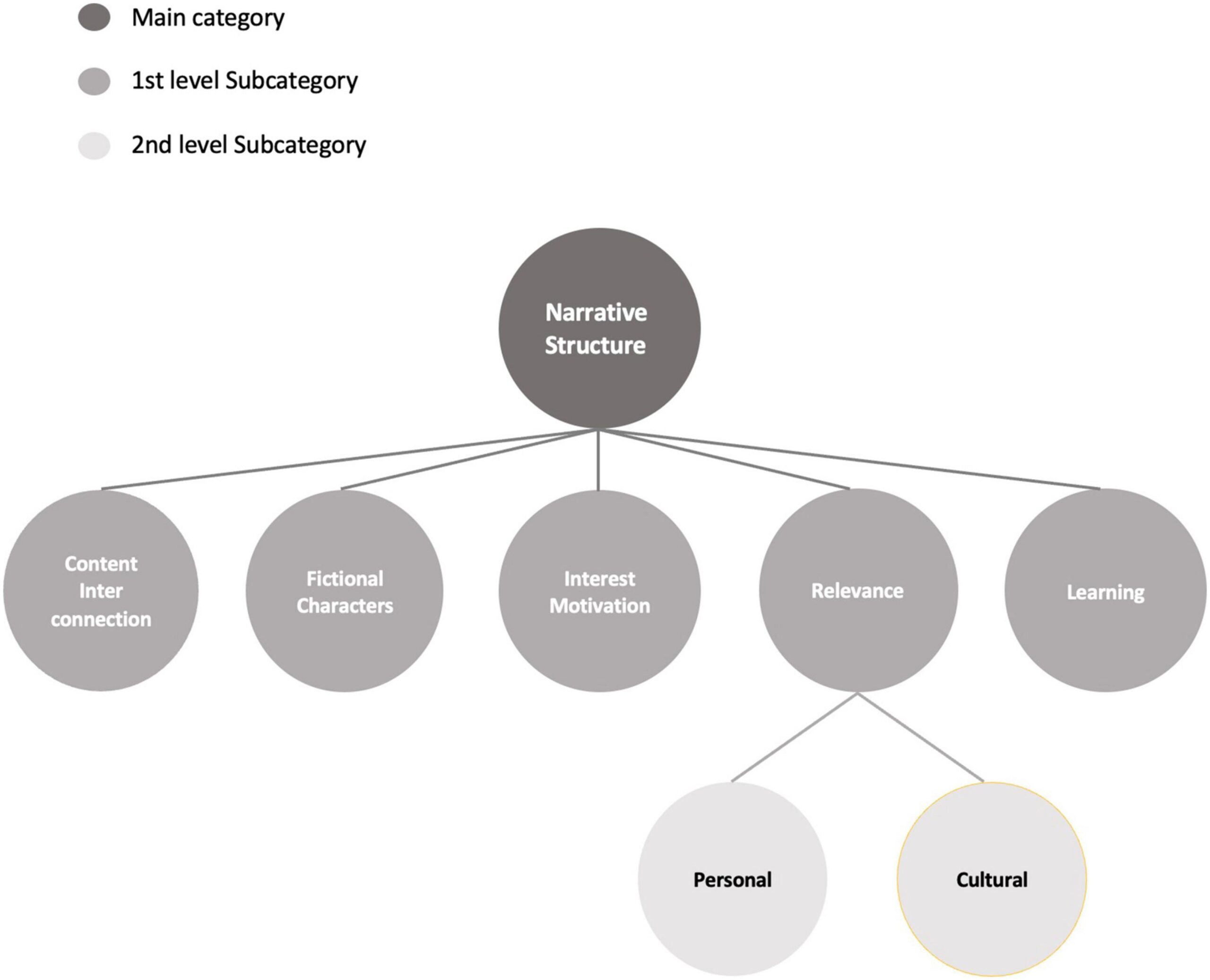How MOOCs Are Revolutionizing Lifelong learning: Key Benefits & Impact
The world of education is rapidly evolving, and Massive Open Online courses (MOOCs) are at the forefront of this change. From flexible learning schedules to access to global knowledge, MOOCs have emerged as a powerful catalyst for lifelong learning and upskilling in the digital age. Whether you are a student,professional,or lifelong learner,MOOCs offer unprecedented opportunities to enhance your education and career prospects.
Introduction: the Rise of MOOCs in Lifelong Learning
In recent years, MOOCs have gained tremendous popularity among diverse learners worldwide.these online courses, offered by leading universities and specialists, create dynamic paths for personal development, professional advancement, and accessible education.As we move towards a knowledge-based economy, the meaning of MOOCs in lifelong learning cannot be underestimated.
Now let’s dive deeper into how MOOCs are revolutionizing lifelong learning by exploring their key benefits, real-world impact, and practical tips for maximizing your online education journey.
What Are MOOCs?
MOOCs, or Massive Open Online Courses, are digital courses designed to offer education to large numbers of participants, often for free or at a low cost. These courses are usually hosted on platforms like Coursera, edX, Udemy, and FutureLearn, and cover a vast array of subjects — from computer science and business management to creative writing and health sciences.
- Accessibility: Available online to anyone, anywhere in the world.
- Flexibility: Self-paced learning and on-demand access to course materials.
- Certification: Many MOOCs offer industry-recognized certificates upon completion.
- Diversity: Courses cover thousands of topics, from beginner to advanced levels.
Key Benefits of moocs for Lifelong Learners
MOOCs bring an array of benefits that make them an attractive choice for those embracing lifelong learning. Here are some of the most compelling advantages:
1. Unmatched Flexibility and Convenience
- 24/7 Accessibility: Learn anytime, anywhere, fitting study into your schedule.
- No Geographic Limitations: Study with instructors and peers globally,without travel.
- Self-Paced Learning: progress at your own speed, revisiting materials as needed.
2. Affordable and Scalable Education
- Low-Cost or Free Courses: Many MOOCs offer full content for free or at a fraction of university tuition.
- Accessible Credentials: Obtain certificates and micro-credentials for career advancement.
3. Diverse Learning opportunities
- Wide Range of Subjects: Explore anything from coding, marketing, arts, to language learning.
- Professional and Personal Development: Upskill for work or pursue hobbies and interests.
4. Interactive and Engaging Content
- Video Lectures and Tutorials: Engaging multimedia enhances understanding and accessibility.
- Quizzes and Assignments: Self-assessment tools to track progress.
- Discussion Forums: Connect and share ideas with global learners.
The Impact of MOOCs on Lifelong Learning
MOOCs are fundamentally changing the landscape of lifelong education. Their significance goes beyond convenience — they empower individuals and societies to adapt, innovate, and thrive. Here are key areas where MOOCs are making a major impact:
- Democratizing Education: By breaking down barriers of cost and location, MOOCs make high-quality education accessible to all. This fosters greater educational equity, especially in underserved regions.
- Supporting Career Mobility: Professionals can reskill and upskill rapidly to keep pace with evolving job markets, unlocking new career opportunities and promotions.
- Fostering a Culture of Continuous Learning: Lifelong learning is increasingly vital as technology and industries shift. MOOCs encourage keeping knowledge fresh.
- Encouraging Global Collaboration: Learners from different cultures interact, exchange ideas, and build networks.
case Studies: Real-World Success Stories
1. career advancement Through MOOC Certification
Sophie, a marketing professional, utilized MOOCs to deepen her understanding of digital marketing analytics. By earning certifications from recognized platforms, she qualified for higher-level roles and gained competitive edge in job interviews.
2. Upskilling in Developing nations
In India,learners from rural areas access free MOOCs to learn coding and business skills,leading to the creation of new local startups and enhanced community development.
3.Lifelong Learning for Retirees
Many retirees embrace MOOCs to explore personal interests — from painting to beliefs. This keeps their minds active, fosters wellbeing, and encourages social engagement.
Practical Tips to Make the Most of MOOCs
If you’re ready to harness MOOCs for lifelong learning, keep these practical strategies in mind:
- Set Clear Goals: Decide if you want to learn for personal growth, career advancement, or skill application.
- Choose the Right Platform: research platforms (like Coursera, Udemy, edX) for course variety, certification options, and instructor quality.
- Create a Study Schedule: Consistency is key! Block specific times in your week for study and review.
- Engage Actively: Participate in forums, take notes, and work on assignments for deeper understanding.
- Apply Your Knowledge: Practise new skills in real-world projects or workplace tasks.
First-Hand experience: A Learner’s Outlook
“I began my MOOC journey by enrolling in an introductory data science course. The flexibility allowed me to balance work and study,while video lectures and interactive assignments kept me motivated. Today, I use data analysis skills on the job and actively seek out new courses to keep growing. MOOCs have truly empowered my professional journey.”
— Mark, Operations Analyst
Challenges & Considerations
While MOOCs offer immense benefits, learners should be mindful of potential challenges:
- Completion Rates: Only a fraction of learners finish MOOCs. Motivation and goal-setting are crucial.
- Quality Variation: Judge courses and providers carefully; not all are equal.
- Limited Peer Interaction: Online settings may feel less personal than customary classrooms.
- Credential Recognition: some employers may prefer accredited degrees over MOOC certificates — research your field’s expectations.
Conclusion: MOOCs and the Future of Lifelong Learning
moocs have dramatically revolutionized lifelong learning by making education globally accessible, affordable, and flexible. As technology continues to advance, these platforms will play an even greater role in shaping a future where continuous skill development and knowledge acquisition are not just possible, but essential.
For anyone looking to future-proof their career or nurture personal growth, embracing MOOCs is a proven strategy. The journey of lifelong learning has never been more exciting or more attainable.

